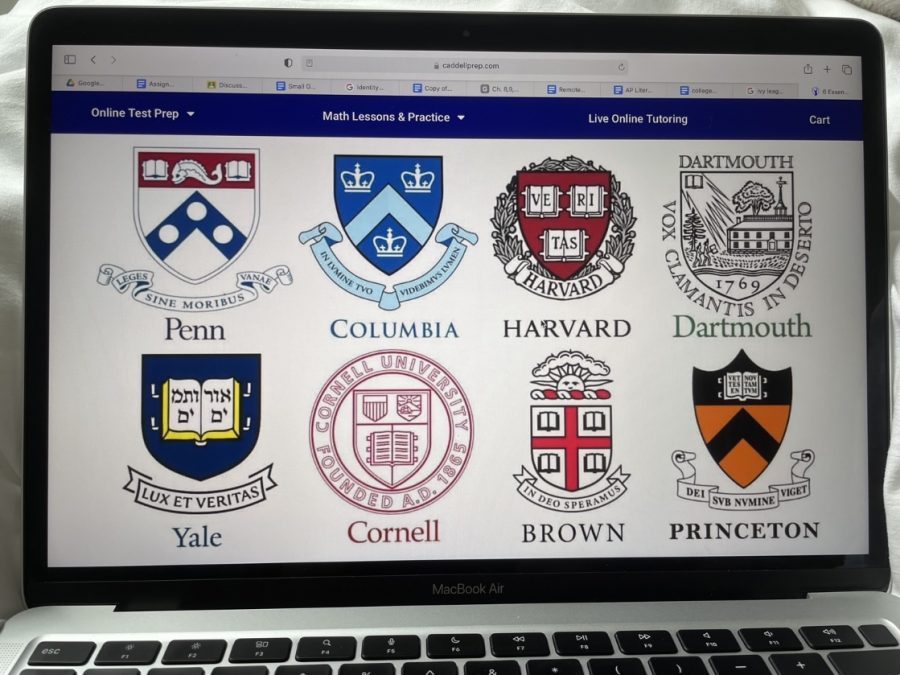Poison ivy: Ivy League colleges examined
Many students will choose to attend a college due to the prestige attached to the university.
As college commitance deadlines approach, one piece of advice should rise to the forefront of your minds. Do not fall for prestige.
Colleges, as with many other institutions, are wrought with elitism — this can be one of the deadliest traps. Of course, Ivy League colleges and other top schools have a 24K gold nameplate with a mouth-watering appeal. However, behind the shimmering facade of grandeur are thousands of overworked, overstressed and despondent students.
As we grew up, we watched shows on Disney Channel and Nickelodeon of our favorite TV-show characters going through school, growing up and getting into hot-shot schools like it’s a breeze. Hannah Montana went to Stanford, Teddy Duncan from “Good Luck, Charlie” went to Yale and Bailey from “Suite Life on Deck” went to Yale — it’s no surprise that these schools eventually became a college goal for many students.
Yet, solely because of the name attached to the institution, many students accept their offer to the most elite amongst the colleges they’ve gained admission to, ignoring the potential consequences that may come of this choice.
For one, many students grow to believe that their self-worth is completely dependent on their grades and academic performance. While top colleges are a good fit for a lot of people, for many others, they are devices of pride which end up perpetuating an idea in teens that begins to force a perspective. Students begin to view themselves as object-like potential assets rather than humans.
By no means does that mean that top colleges are bad for everyone. For some, the rigor and pace of these universities are sought after, and for some, specific resources available at an institution are an impassable and unparalleled opportunity.
However, these reasons can be dangerous too when at a certain point. The foremost motive to attend a top college is for the potential job growth post-college, yet, the cost of these colleges can be a crippling financial burden for decades after graduation — particularly for students electing to go to graduate school and continue their education after getting an undergraduate degree.
Yet, the financial aspect of these colleges are not even the most debilitating. As college freshmen, students are thrown into an environment where competitiveness breeds toxicity, isolation and imposter syndrome. Devastatingly, the conglomerate of these issues has proven to be fatal — following the suicides of six students in 2010, Cornell University installed nets under their bridges in 2013 to prevent further incidents.
Even through my freshman and sophomore years of high school though, I understood these risks, assessed the extra pressure and stress that these institutions would bring and still decided that to attend under the name attached to these schools was worth it. It wasn’t until I burnt out mid-way through my junior year, having taken five AP courses and removing lunch from my schedule to fit in more honors courses, that I understood the mental and emotional costs of the constant grind that these institutions would produce.
The truth is that, especially if you choose to go to a graduate school (specifically for aspiring doctors, lawyers and other careers of the like), not only will the name of your undergraduate college hardly matter, but you might actually want to go to a college with less competition between students to prevent burn-out before you get to grad school.
The last thing anyone wants is to waste their youth on petty elitism, working away the hours, days and years, only to wake up one day and realize that they spent so much time working to build their pride that they forgot to live in the present. Happiness will not come about chasing pride or titles — life is about actually living.


